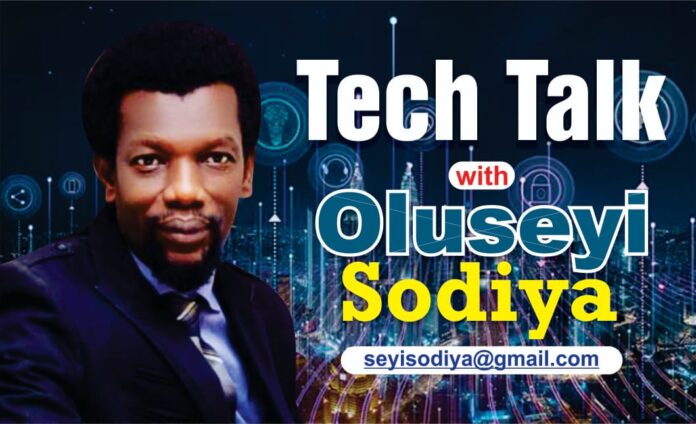
By Oluseyi Sodiya
When most people think of blockchain technology, they immediately associate it with cryptocurrencies like Bitcoin and Ethereum. However, blockchain’s potential extends far beyond digital currencies, offering transformative solutions across various sectors. As a decentralized and secure ledger system, blockchain is poised to revolutionize industries by enhancing transparency, reducing fraud, and streamlining operations.
Enhancing Supply Chain Management: One of the most promising applications of blockchain technology is in supply chain management. Traditional supply chains are often plagued by inefficiencies, lack of transparency, and vulnerability to fraud. Blockchain can address these issues by providing a tamper-proof record of every transaction and movement of goods. This transparency allows for better tracking of products from their origin to the final consumer, ensuring authenticity and reducing the risk of counterfeit goods. Companies like Walmart and IBM are already leveraging blockchain to improve food safety by tracking the journey of produce from farm to table.
Revolutionizing Healthcare: In the healthcare sector, blockchain can improve data management and security. Patient records are often scattered across different systems, making it difficult to access comprehensive health information. Blockchain can create a unified and secure system where patients, doctors, and insurers can access up-to-date medical records while maintaining privacy. This can lead to better patient outcomes by ensuring that healthcare providers have complete and accurate information. Additionally, blockchain can be used to verify the authenticity of pharmaceutical products, combating the issue of counterfeit drugs.
Facilitating Secure Voting: Blockchain technology has the potential to revolutionize the way we conduct elections. Traditional voting systems are vulnerable to fraud and manipulation, and lack transparency. Blockchain can provide a secure and transparent platform for voting, ensuring that every vote is counted and cannot be tampered with. This can increase public trust in the electoral process and encourage higher voter turnout. Countries like Estonia are already exploring blockchain-based voting systems to enhance the integrity of their elections.
Streamlining Real Estate Transactions: The real estate industry can also benefit from blockchain technology. The process of buying and selling property is often cumbersome, involving numerous intermediaries and extensive paperwork. Blockchain can simplify this process by providing a transparent and immutable record of property transactions. Smart contracts—self-executing contracts with the terms of the agreement directly written into code—can automate tasks such as property transfers and payments, reducing the need for intermediaries and speeding up transactions.
Empowering Decentralized Finance (DeFi): While closely related to cryptocurrencies, the decentralized finance (DeFi) movement represents a broader application of blockchain technology. DeFi aims to create a financial system that operates without traditional banks and intermediaries, using blockchain to facilitate peer-to-peer transactions. This can provide greater access to financial services for people who are unbanked or underserved by traditional financial institutions. DeFi applications include lending platforms, decentralized exchanges, and stablecoins, all of which operate on blockchain technology.
Improving Intellectual Property Management: Blockchain can also enhance the management of intellectual property (IP). Creators of digital content, such as artists, musicians, and writers, often struggle to protect and monetize their work. Blockchain can provide a secure and transparent way to register and track IP rights, ensuring that creators receive fair compensation for their work. By recording ownership and licensing agreements on the blockchain, creators can more easily manage their IP and prevent unauthorized use.
Conclusion: The role of blockchain technology extends far beyond its association with cryptocurrencies. By providing a secure, transparent, and decentralized ledger system, blockchain has the potential to transform various industries, from supply chain management and healthcare to voting and real estate. As more organizations recognize the benefits of blockchain, its adoption will likely continue to grow, driving innovation and improving efficiency across multiple sectors. Embracing blockchain’s potential can lead to a more transparent, secure, and equitable future.




































